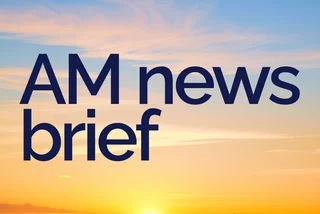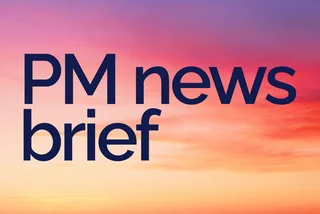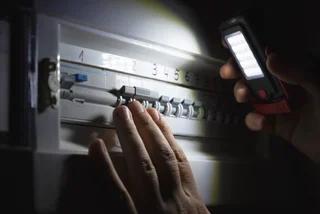Czechia has now formally joined a small group of just four other EU countries rejecting a controversial proposal that would require tech companies to scan private messages for illegal content, citing fears of mass surveillance and an encroachment on privacy.
What is the proposal?
The draft legislation, known as “Chat Control,” is officially the Regulation to Prevent and Combat Child Sexual Abuse (CSAR). It would require messaging apps, email services, cloud storage providers, and social media platforms to automatically screen user communications for child sexual abuse material.
PARTNER ARTICLE
If suspicious content were detected, it would be reported to authorities. Supporters describe it as a vital tool to protect children from online exploitation. Critics argue it would effectively mean mass monitoring of private correspondence. The EU Council is expected to vote on the measure soon: on Oct. 14, 2025.
What would it mean for Czechia-based users?
If adopted, Chat Control would apply in all EU member states, including Czechia. That means users of WhatsApp, Messenger, Signal, Gmail, cloud services, and other platforms would have their private messages and files scanned automatically.
The system would look for potentially abusive or illegal material, with flagged content shared with authorities. While the stated goal is child protection, Czech users could face broader privacy risks.
Encrypted chats may no longer remain fully secure, and experts warn sensitive personal data could be vulnerable to misuse.
How the government is responding
Prime Minister Petr Fiala has been vocal in opposing the plan. "On behalf of myself and the entire coalition [Spolu], I want to say clearly: we will not allow the monitoring of citizens' private correspondence," he said in a post on X this week. The government has said it will seek allies within the EU to block the proposal.
Marek Výborný, leader of government coalition partyt KDU-ČSL"We definitely do not want to live in a world that resembles Orwell's 1984 novel. Citizens' privacy is a fundamental value that we must protect."
Who is for, and who’s against?
According to monitoring group Fight Chat Control, 15 EU states currently support the proposal, including France, Italy, Spain, Portugal and Slovakia. Seven remain undecided, among them Germany, Finland, and Greece.
Five countries (Austria, the Netherlands, Poland, Belgium, and Czechia) have declared their opposition. Despite growing pushback, the majority of EU members still back the measure, leaving its fate to be decided in October.












 Reading time: 2 minutes
Reading time: 2 minutes 




























